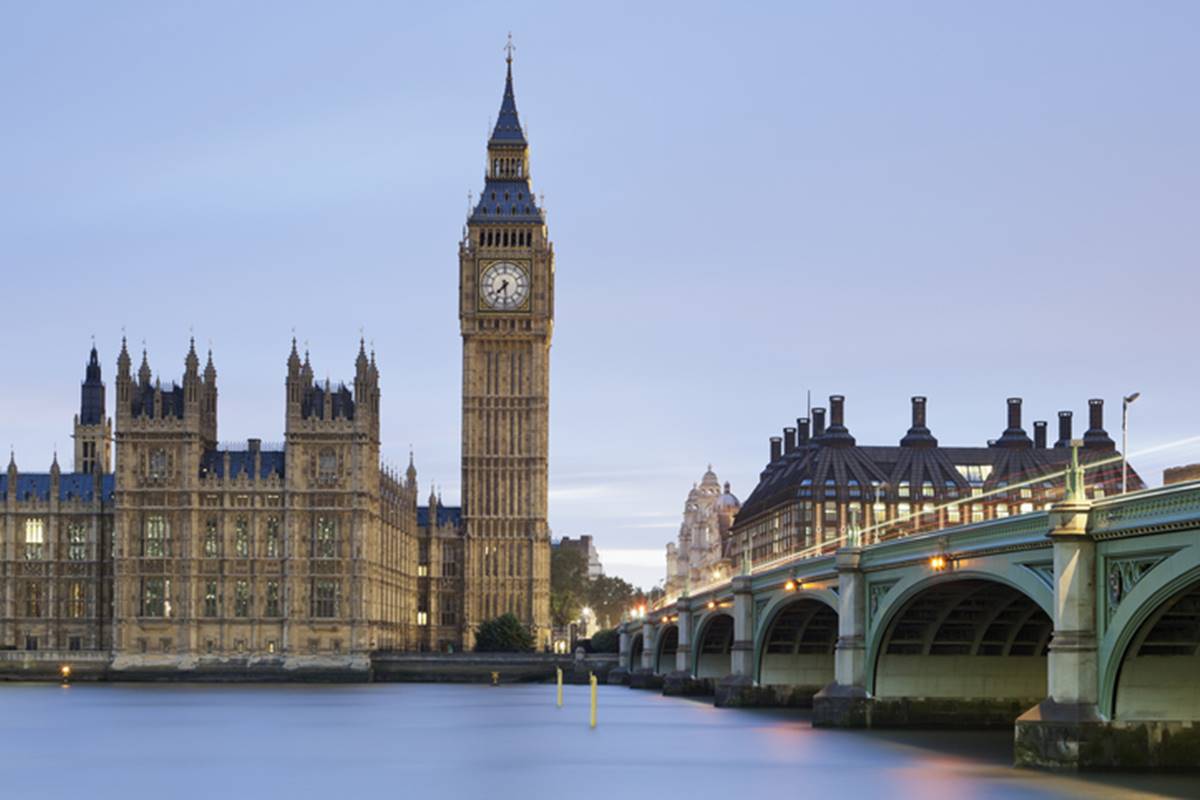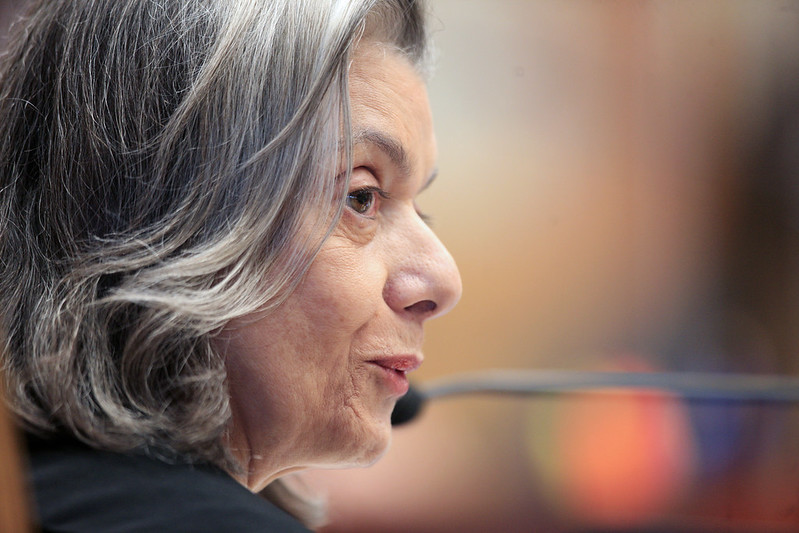The Federal Supreme Court rejected the appeal of the Federal Prosecutor’s Office against an earlier decision that did not comply with the request to penalize the state of Maranhão for not complying with the minimum allocation of 12% of net income from constitutional and statutory transfers. For procedures and public health services between 2000 and 2007.
The decision was made unanimously in the virtual plenary session of the court, in a ruling that has already ended. The rapporteur, Minister Carmen Lucia, did not respond to the deputy’s request and criticized the procedure.
“I have instructed the parties three times to express their interest in forming an agreement. Maranhão has shown himself to conciliate, while the Federation and the Federal Prosecution have expressed no interest in conciliation,” he wrote in his vote.
The judge added: “The appellant’s arguments, insufficient to amend the appealed decision, only show the lack of conformity and resistance to put an end to the protracted processes at the expense of effective judicial rulings.”
The appeal was lodged to challenge the STF’s decision in the original civil action judgment (ACO) 3,161. In the judgment issued in August 2021, the Minister understood that the demand for reimbursement to the Treasury had already expired.
The MPF intends that the state be obligated to compensate the local Unified Health System (SUS) more than R$946 million, corrected in cash, for non-compliance with the rule set forth in Constitutional Amendment 29/2000. He argued that the prescription applied to demand should be as broad as possible or it should be removed, because failure to allocate public resources to health would, directly or indirectly, infringe a fundamental right.
In dismissing the lawsuit, the reporter cited the Supreme Court’s understanding that claims for compensation to the Treasury solely based on the practice of willful administrative inappropriateness of the Administrative Offenses Act (Law 8429/1992) are imprescriptible, which is not the case for the records. “As for other illegal acts, the claim for damages to the public treasury is discretionary,” he said.
The minister noted that the measure was proposed in 2014, with the aim of compensating for differences when the five-year statute of limitations had already been passed for actions against the public treasury. According to Carmen Lucia, the reasons for obstruction, suspension and suspension of the statute of limitations provided for in Articles 199 to 202 of the Civil Code are absent in the case.
click here To read Carmen Lucia’s vote
ACO 3.161.2

“Hardcore beer fanatic. Falls down a lot. Professional coffee fan. Music ninja.”


![[VÍDEO] Elton John’s final show in the UK has the crowd moving](https://www.tupi.fm/wp-content/uploads/2023/06/Elton-John-1-690x600.jpg)



More Stories
The Director of Ibict receives the Coordinator of CESU-PI – Brazilian Institute for Information in Science and Technology
A doctor who spreads fake news about breast cancer is registered with the CRM of Minas
The program offers scholarships to women in the field of science and technology